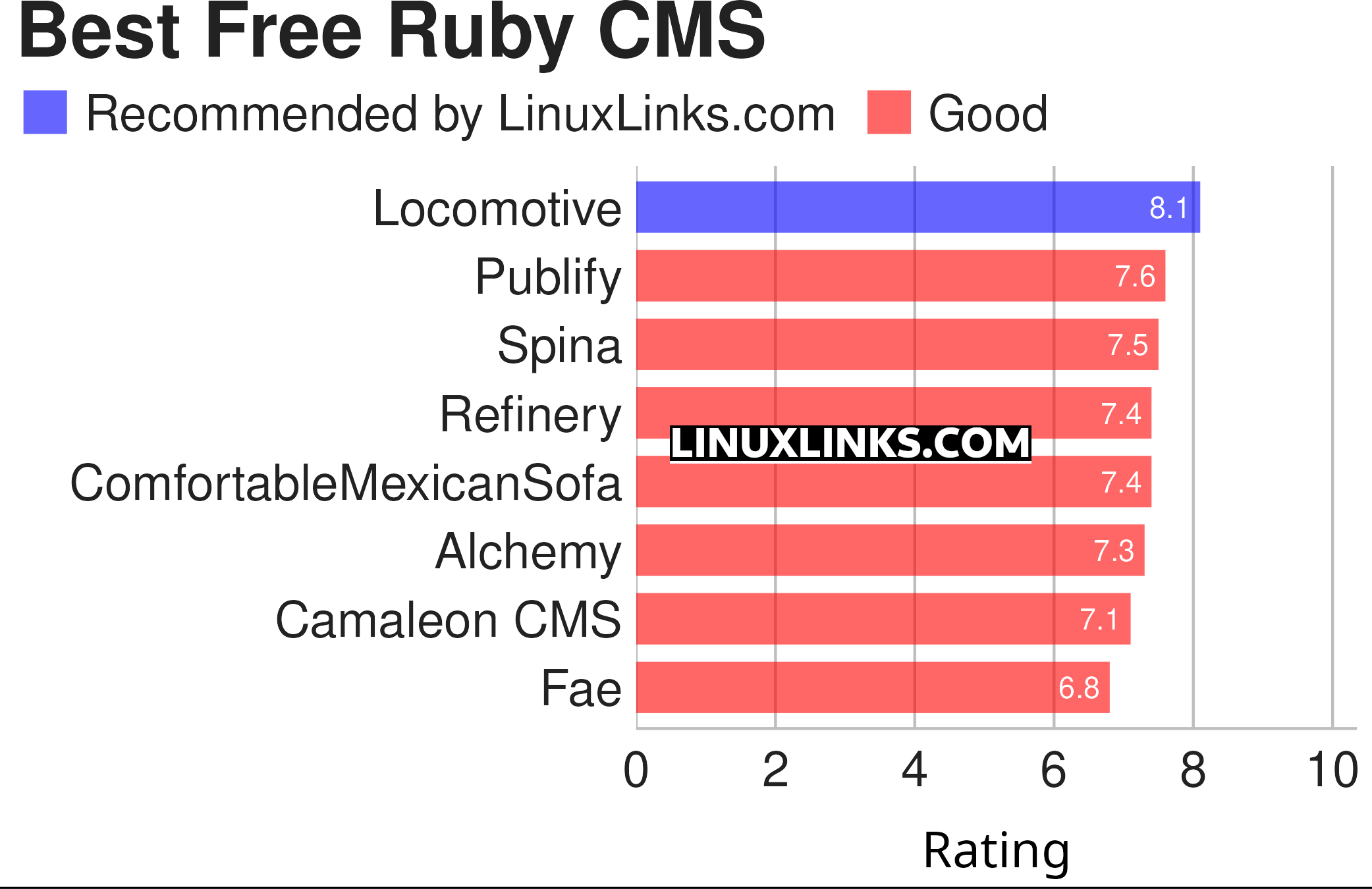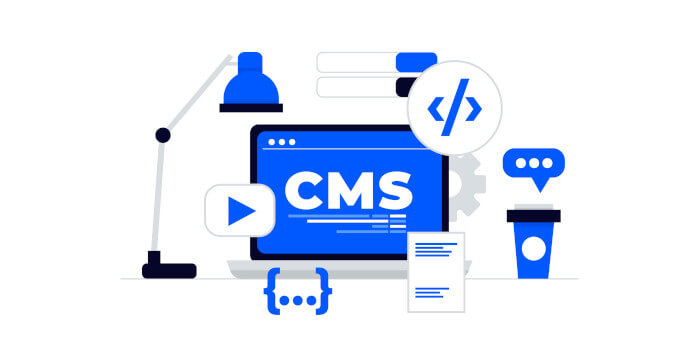A web content management system (WCMS) is software designed to simplify the publication of Web content. In particular, it enables content creators to submit content without requiring technical knowledge of HTML or the uploading of files. A CMS is most commonly used in creating an intranet or in establishing a presence on the Web.
This type of software that keeps track of every piece of content on a Web site. Content can be simple text, photos, music, video, documents, or just about anything you can think of. A major advantage of using a CMS is that it requires almost no technical skill or knowledge to manage.
Not only do content management systems help website users with content editing, they also take care of a lot of “behind the scenes” work such as automatically generating navigation elements, making content searchable and indexable, keeping track of users, their permissions and security setting, and much more.
To provide an insight into the quality of software that is available, we have compiled a list of 8 high quality free Ruby-based Linux WCMS. Hopefully, there will be something of interest for anyone who wishes to manage a website.
Here’s our verdict captured in a legendary LinuxLinks-style ratings chart. They are all free and open source goodness.

Click the links in the table below to learn more about each content management system.
| Ruby-Based Content Management Systems | |
|---|---|
| LocomotiveCMS | A polished platform to create, publish and edit sites |
| Publify | A very mature blogging platform in Rails |
| Spina | CMS that focuses on ease of use |
| Refinery | Create custom content manageable websites |
| ComfortableMexicanSofa | Powerful Ruby on Rails 5.2+ CMS |
| Alchemy | Headless Content Management System engine |
| Camaleon CMS | Flexible CMS where you can build your custom content structure |
| Fae | Delivers all the basics to get you up and running |
This article has been revamped in line with our recent announcement.
 Read our complete collection of recommended free and open source software. Our curated compilation covers all categories of software. Read our complete collection of recommended free and open source software. Our curated compilation covers all categories of software. Spotted a useful open source Linux program not covered on our site? Please let us know by completing this form. The software collection forms part of our series of informative articles for Linux enthusiasts. There are hundreds of in-depth reviews, open source alternatives to proprietary software from large corporations like Google, Microsoft, Apple, Adobe, IBM, Cisco, Oracle, and Autodesk. There are also fun things to try, hardware, free programming books and tutorials, and much more. |
